Alone in a Crowd
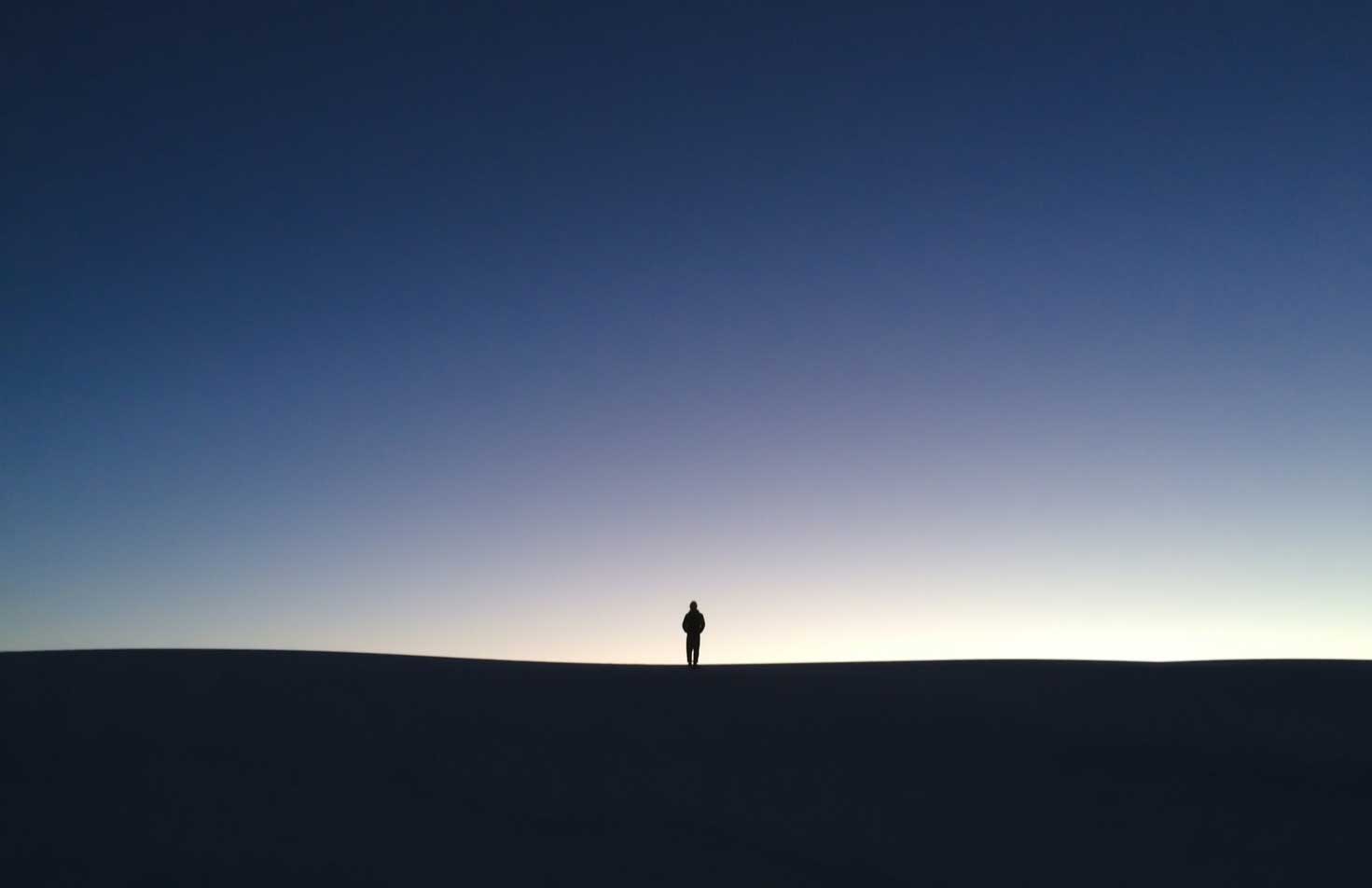
Alone In A Crowd
Words, Photography, and Illustrations by Hallie Rose Taylor
“Thus always does history, whether of marsh or market place, end in paradox. The ultimate value in these marshes is wildness, and the crane is wildness incarnate. But all conservation of wildness is self-defeating, for to cherish we must see and fondle, and when enough have seen and fondled, there is no wilderness left to cherish.”
— Aldo Leopold, A Sand County Almanac
Despite a deep appreciation of the desert, plains, and hill country of Texas, I have been steadfast in preparing to move. My primary reason is the stark lack of public land on which to find solitude. This country is staggeringly beautiful, but there’s often nowhere to go to be alone other than my apartment. Land here is mostly private, inaccessible, and therefore crowded where the public is allowed to wander.
It’s possible to find a quiet place along the Austin greenbelt early on a weekday. Visit any other time, however, and it’s difficult to escape raucous crowds, cigarette smoke, beer cans, and radio.
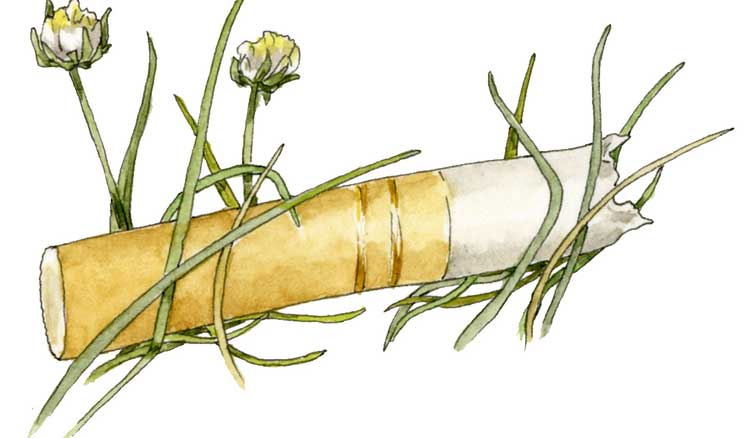
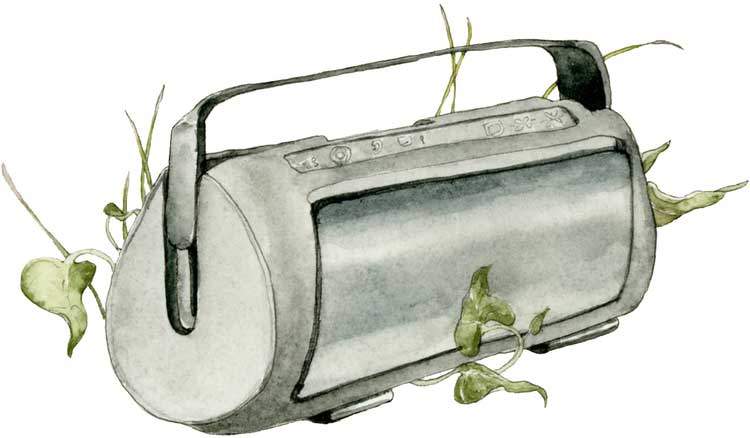
 Looking hours further, in State Parks I’m allowed to get out of my truck and actually enter some woods. These tiny, beautiful pockets are slick from hands, feet, and paws, and buzzing with speakers, floodlights, and generators. They’re perfect for barbecuing or speed boating. The other sides of the rivers are dotted with No Trespassing signs. Trails are wide, packed, and populated.
Looking hours further, in State Parks I’m allowed to get out of my truck and actually enter some woods. These tiny, beautiful pockets are slick from hands, feet, and paws, and buzzing with speakers, floodlights, and generators. They’re perfect for barbecuing or speed boating. The other sides of the rivers are dotted with No Trespassing signs. Trails are wide, packed, and populated.
Our one stunning National Park, Big Bend, is the exception to the problem of finding legal room to roam.
But those of us passionate about the outdoors face an ethical paradox in seeking solitude. In order for these spaces to exist relatively protected from industrial development and exploitation, they need to be heavily trafficked by the masses. The number of visitors needed to maintain economic justification for total preservation, unfortunately required, encroaches on the experience of other visitors and on the environment itself.
“Industrial tourism is a threat to the National Parks. But the chief victims of the system are the motorized tourists. They are being robbed and robbing themselves. So long as they are unwilling to crawl out of their cars they will not discover the treasures of the national parks and will never escape the stress and turmoil of the urban-suburban complexes which they had hoped, presumably, to leave behind for a while.”
— Edward Abbey
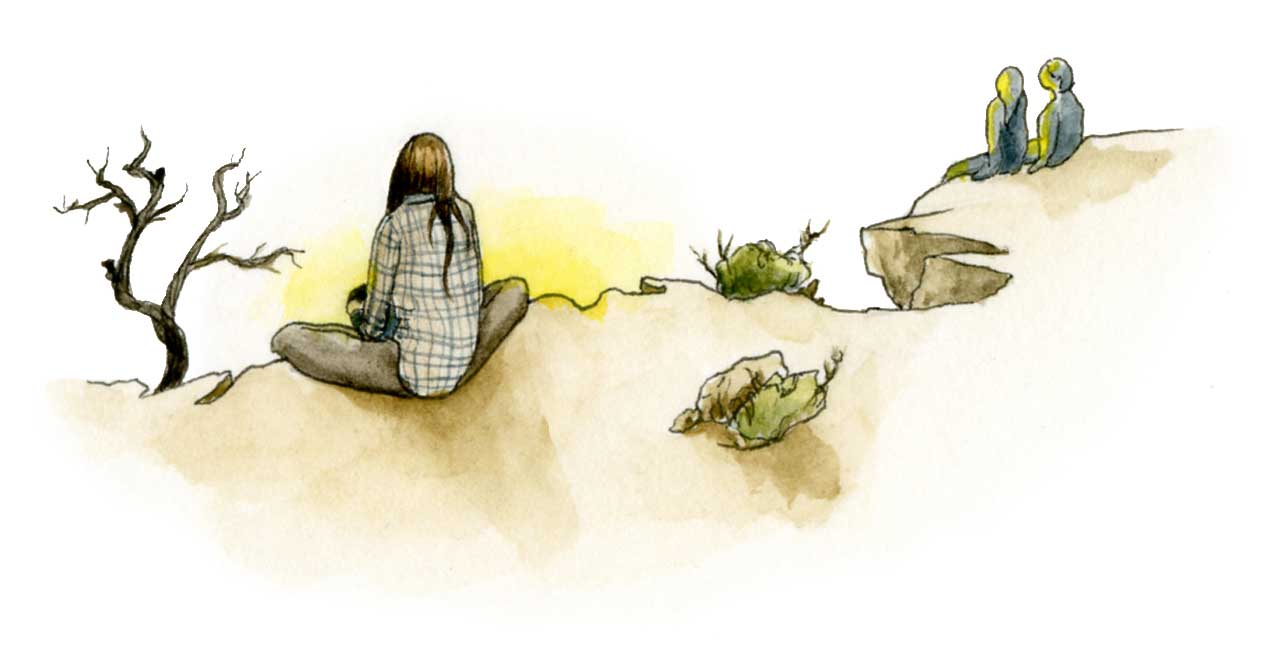
Self portrait at dawn
Beyond numbers, many preferred outdoor activities are invasive. Those who go to experience the world as it might look without human interference cannot compete with those who go for novelty. I cannot watch how the shore birds celebrate sunrise when they’re startled off by the crank of a motorized boat, nor admire the chipmunk’s foraging skills when he eats from someone’s hand.
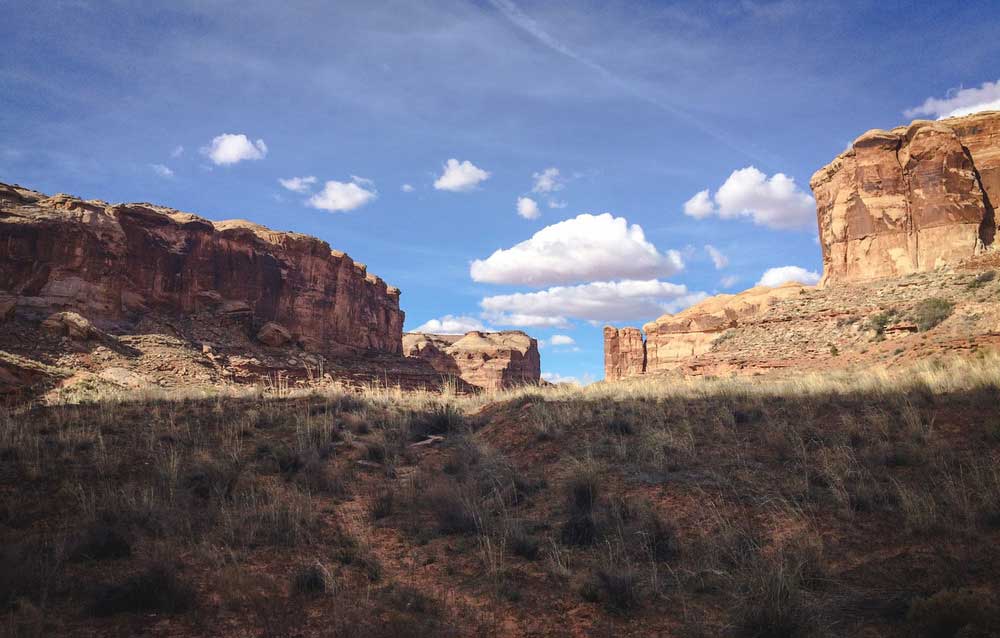
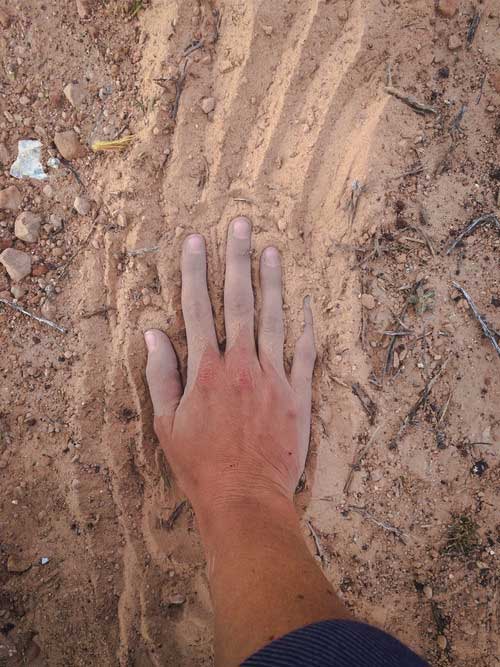
The more campgrounds look and sound like city parks, the deeper some of us feel pushed to where people have no business being. Fed up with competing for space and quiet, some make their own trails to escape the crowds. This fixes only their own problem at the expense of the biome, a base violation of environmental ethics. What happens when everyone wants to be alone out there? The damage done by footsteps, or worse, tires, happens fast and recovers painfully slow, potentially never if the area is pushed past its threshold or is particularly delicate.
“I think first and foremost, people only protect the things they love. And you can’t love something unless you inherently identify with it.”
— Kris Tompkins
After centuries of abuse, parks are no longer elastic and cannot bounce back easily from mistakes or selfish acts. They can’t afford for everyone to gather firewood “just this once,” or pick up that desert tortoise-even if they learn from it. We cannot ethically explore as our ancestors did. We aren’t pioneers. Few know how to behave with perfect ethics, skill, and restraint when moving through nature, which is one reason lotteries and permits to enter particularly vulnerable areas are on the rise. Regulation tends to step in where personal responsibility is insufficient.
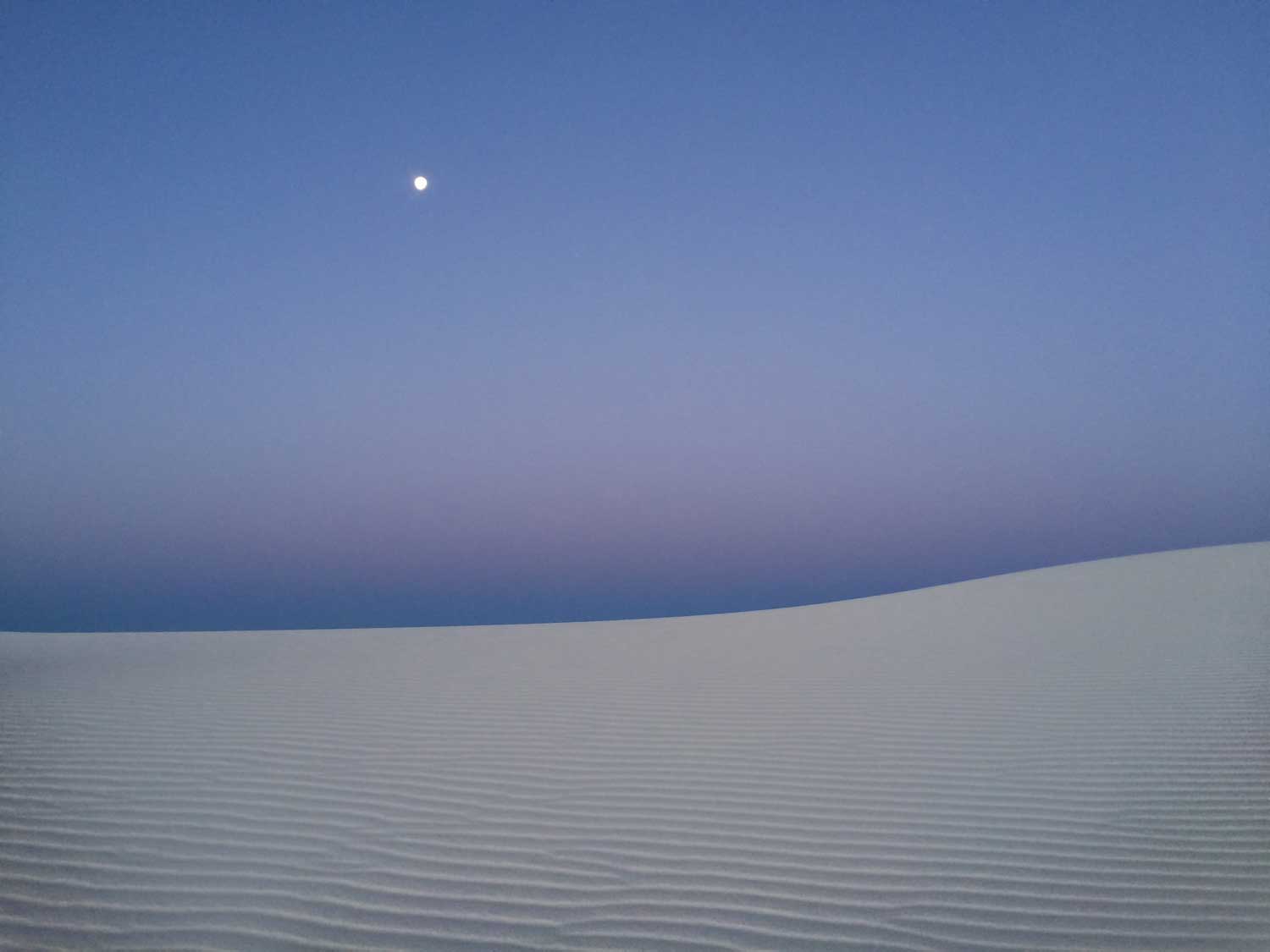
Until financial viability is separated from park survival, crowds are needed. Tourist dollars contribute to keeping parks themselves alive and sustain the idea that the protection and rehabilitation of ecosystems is a sound investment. The battle to rope off these minimal areas was long and dotted with painful failures. The only thing that’s saved every square inch of this country from being developed or plundered has been public willingness to pay for the visual experience and respite of wilderness.
The most attainable social defense of preservation is more people holding it dearly. Growing the ranks of those who would stand in front of the bulldozer or cast ballots with an ecological mind is vital.
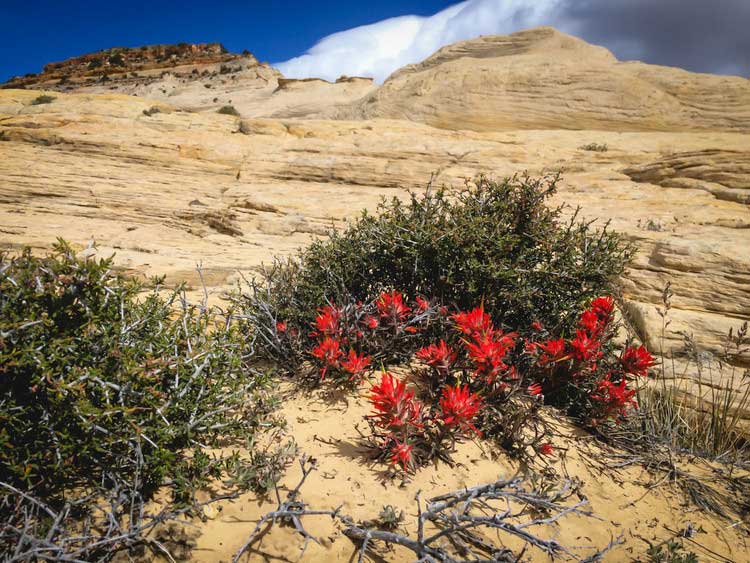
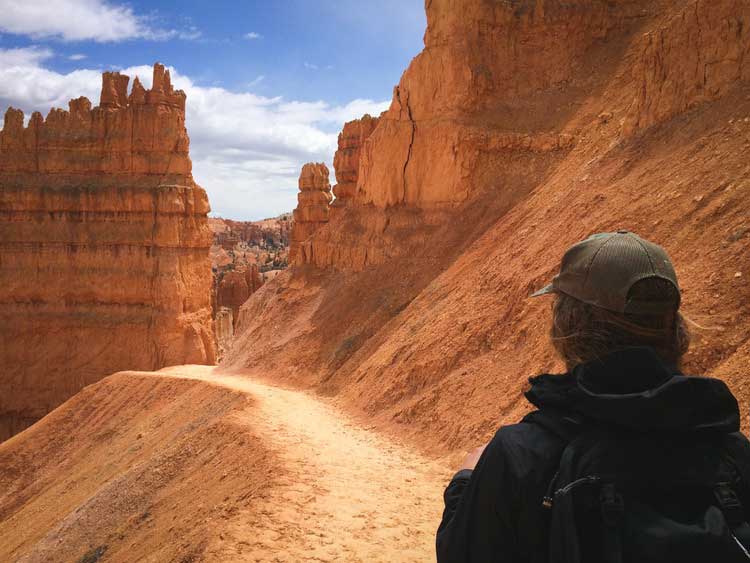
You’ll never see a Marsh Wren signing his acre into a land trust, or a grizzly writing his congressman to pass the bill in his favor, so this work is left to us.
I still feel a pang of disappointment when I see or hear people when trying to be alone, or if hear music from a speaker, but I know that in general people spending time in nature is positive. That said, I have found solitude even among crowds.
It is not only a thing to find in space, but in time. I have woken around dawn every day for about five years. In a full park, I am nearly always alone with the sunrise. If I do see a figure in the distance, staring wistfully east as I am, I feel a kinship with that person, for something in our values must radically align.

“It is easy in the world to live after the world’s opinion; it is easy in solitude to live after our own; but the great man is he who in the midst of the crowd keeps with perfect sweetness the independence of solitude.”
— Ralph Waldo Emerson
Hallie Rose Taylor is an Illustrator and Artist who lives and works in Austin, Texas. She is a consistent contributor to She Explores. Follow her on Instagram and learn more on her Website.
Be the first to comment